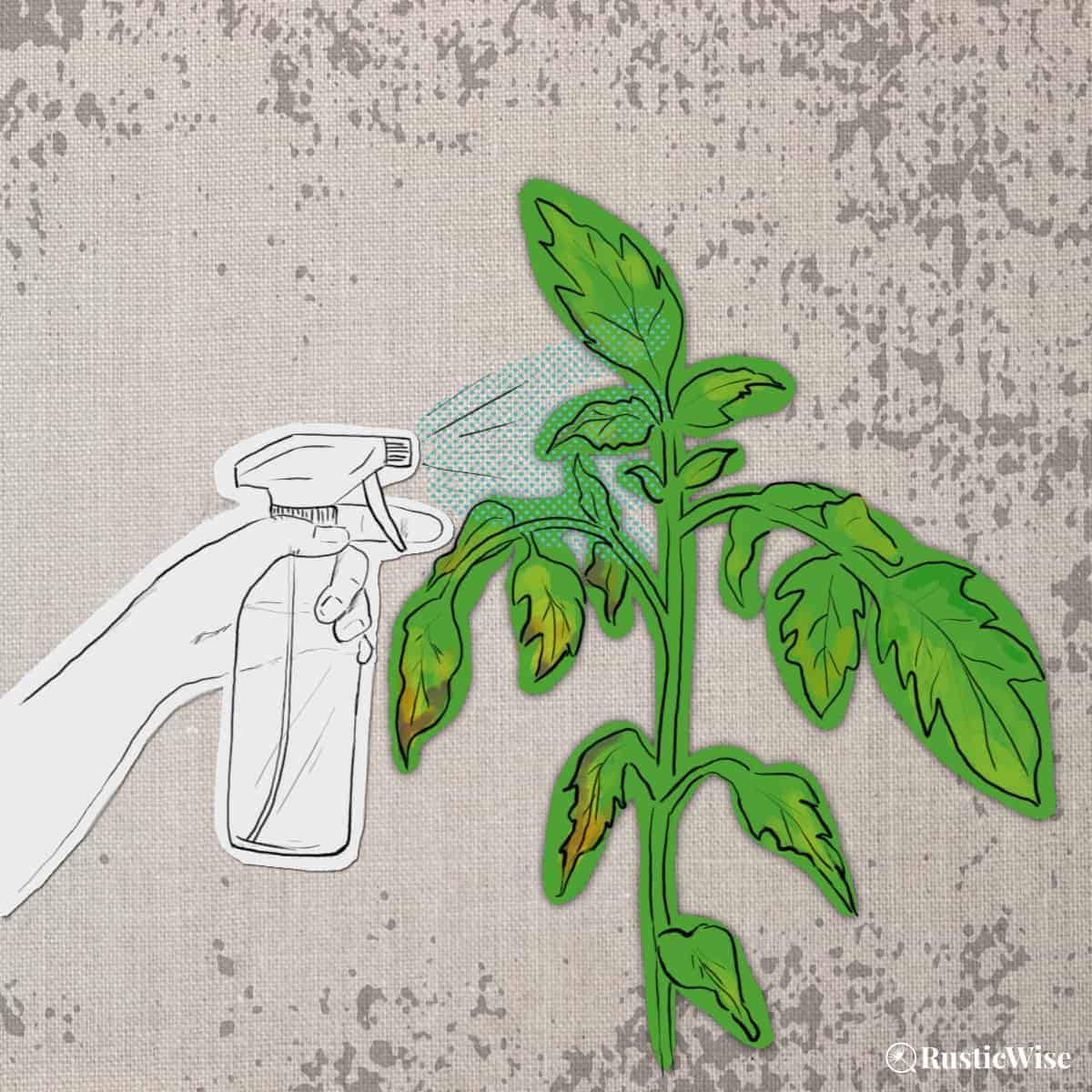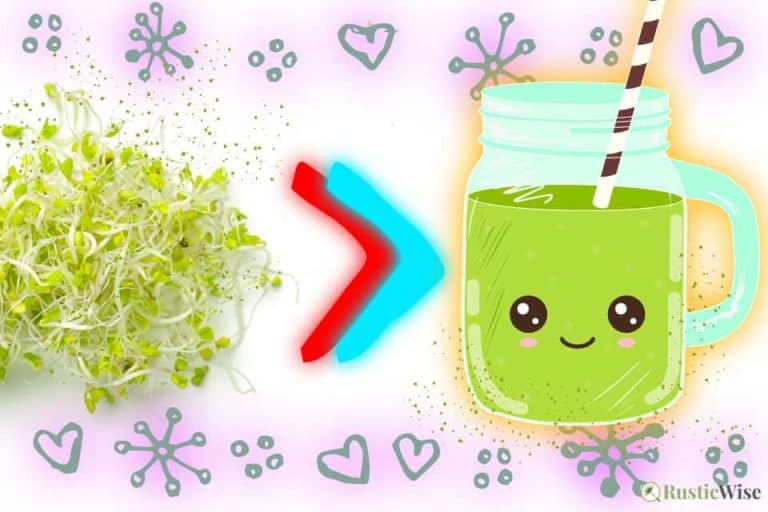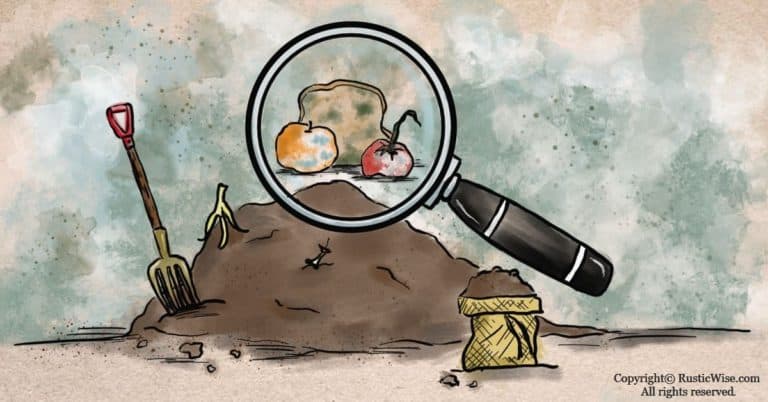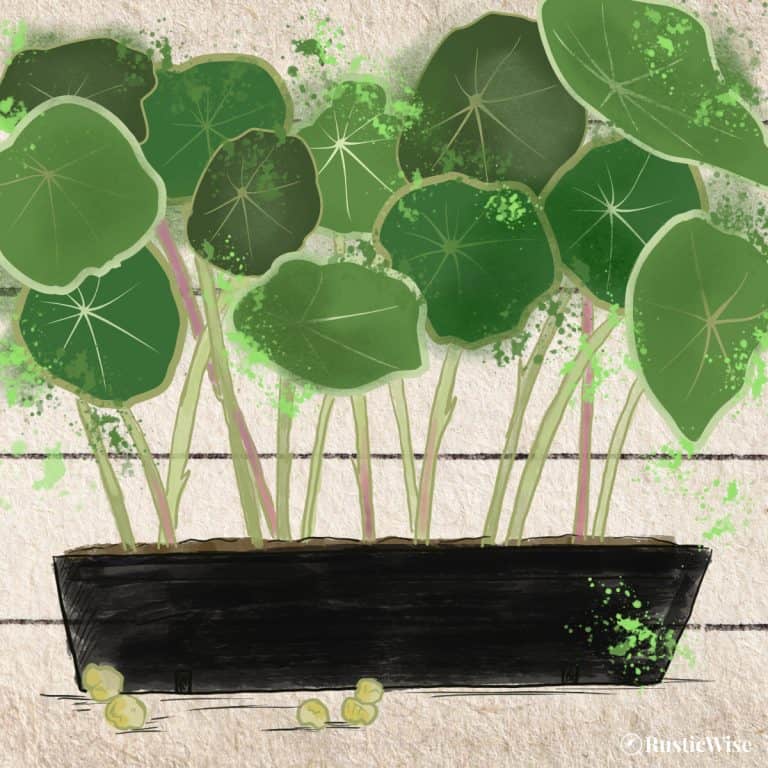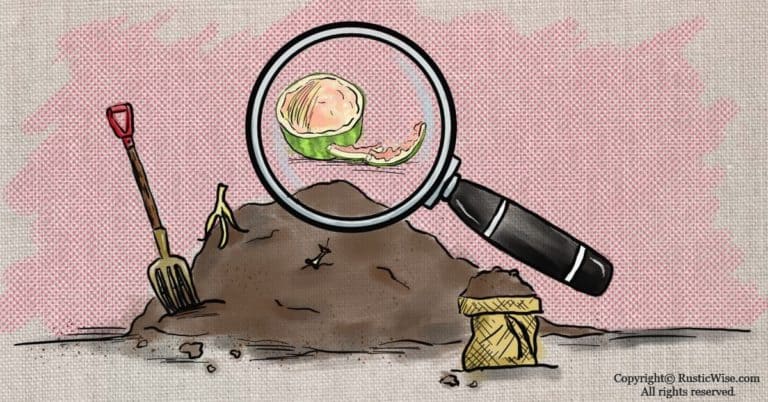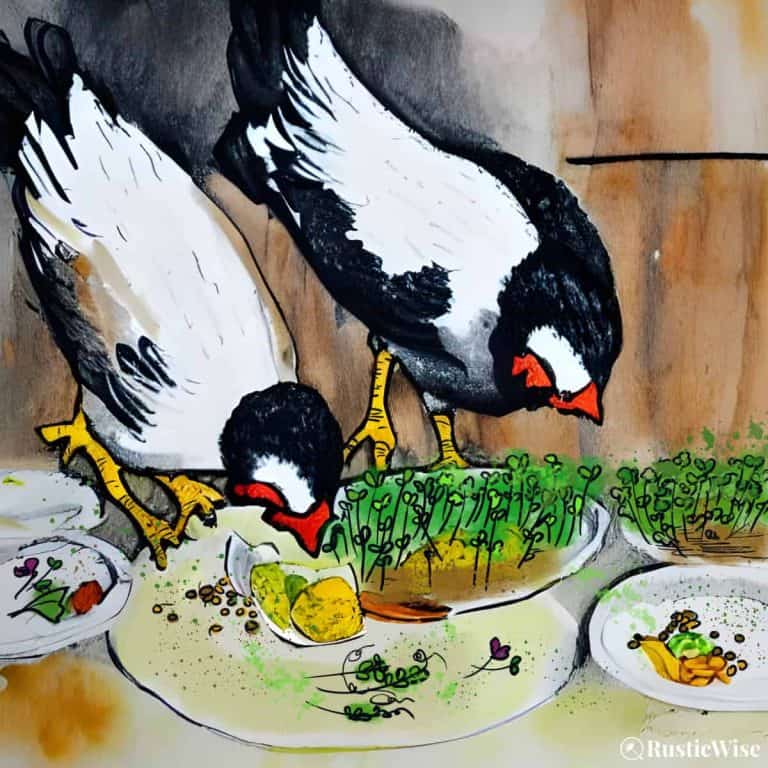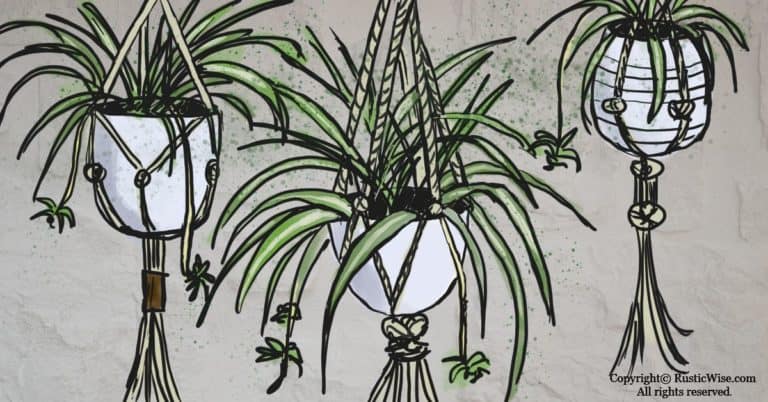Does Soapy Water Kill Plants? Here’s the Lowdown on DIY Sprays
Are you looking to use a cost-effective and environmentally friendly pest solution to your garden? DIY sprays have become increasingly popular among home gardeners. One of the most commonly used recipes is soapy water made with dish soap.
Does soapy water kill plants as well as pests? It’s important to know that many DIY soapy sprays can be effective on some small, soft-bodied insects such as aphids, mites, thrips, and whiteflies. But it can also cause collateral damage to some plants by stripping the leaves of their natural oils and protective waxy coating. Many dish detergents also contain fragrances, petroleum-based chemicals, and leave behind salty residue.
Soapy water has been used as a DIY spray for years, but is it really effective at killing bugs without harming your plants? Let’s explore the pros and cons of using soapy water as a homemade pesticide, examine how it works in different gardening scenarios, and discuss whether or not it can really be an effective pest control solution.
How does soap and water kill insects?
How exactly soap kills insects is still up for debate. But, the general consensus is that spraying liquid dish soap (or hand soap) with water kills insects by stripping away their natural protective coating. This leaves the insect more vulnerable to drying out and eventually dying. Other soaps may disrupt the insect’s nervous system.¹
The practice of spraying plants with soapy water has been in use for generations.
Home gardeners are faced with the dilemma of needing an effective pesticide that doesn’t break the bank and won’t harm plants or wildlife. (After all, beneficial pollinators like bees and birds can also be affected by chemicals found in store-bought pesticides.)
As a result, many have turned to homemade solutions like soapy water using readily available products like Dawn dish soap, or Palmolive, for example.

The downsides of using DIY soap spray
In the world of gardening, there’s really no perfect solution to rid your garden of pests. Is dish soap safe for plants? Here are a few downsides of using a homemade soap solution on your plants and vegetables.
- Must coat the entire insect: For soap sprays to work effectively, you need to practice your aiming skills and coat the whole insect. Don’t forget to check the undersides of leaves, which is a common hiding place. Spraying a plant when there are no insects on it will have no effect on your pest population (and only serve to damage your plant!).
- Need to reapply: There are no residual effects of using dish soap to kill pests. You’ll need to reapply again (and again).
- Potential damage to plants: And last, but not least, the major downside of using a homemade detergent spray is that it could cause lasting damage to your plants. While DIY detergent sprays are touted as being more “eco-friendly” than traditional pesticides, they are not exactly harmless.
Does soapy water kill plants? Here’s what it does
Yes, soapy water has the potential to damage plants. While using a homemade soap spray on plants is a quick and easy solution for insect control, it may harm plants by removing the protective lipid layer.
Here’s what it does to the vegetation in your garden.
Most so-called commercial “soaps” are actually detergents and not true soaps. This includes products like Dawn dish soap for handwashing dishes, Ivory hand soap, Palmolive, and others.
Detergents are comprised of various synthetic surfactants, petroleum-based ingredients, and sodium hydroxide lye (a necessary component of the soap making process). They also have fragrances and artificial coloring that are toxic to plants.
Dish soaps are designed to wash away oily residue and food particles from your dishes—they are NOT meant for use on plant life.
When applied in high concentrations to plants, soap strips away the natural oils and protective barrier on leaves and stems. This waxy lipid layer protects the plant from exposure to the elements like sun and wind, and helps to ward off various plant diseases, pests, and fungus.²
Soap spray makes the foliage vulnerable to the sun and it may experience phototoxicity. Many plants and crops develop leaf burn as they become exposed and sensitive to UV rays.
A closer look at dish soap and how it can harm plants
Does dish soap kill plants? Dish detergent is typically made up of a combination of surfactants, water, petroleum distillates, and preservatives. As mentioned above, it also contains sodium hydroxide lye, which is simply the sodium salts of fatty acids.
According to the University of Florida Extension, when used on crops and other foliage, dish detergent leaves behind traces of sodium ions, or salt which can dry out the plant and damage tissues.³
The importance of testing and concentration of plant sprays
One surefire way to kill your plants is to use a strong soap mixture. Many homemade soap solutions are made using haphazard dilution ratios which could create phytotoxic soil conditions and can potentially burn or damage plant foliage.
If you’re planning on making your own pest spray using dish soap and water, keep the concentration low.
Proper Dilution ratio: When making a DIY soap spray, keep the concentration between 2 and 3 percent. This is roughly 2 teaspoons (9.8 milliliters) per quart (1 liter) of water on the low end, or up to 2 ½ tablespoons (37 milliliters) per quart on the higher end.¹
I highly recommend testing any homemade soap spray on a small area of your plant. Spray and wait for a couple days for signs of leaf burn. If you have hard water, try using distilled water which won’t leave behind hard minerals on foliage.
When NOT to use a soapy spray on plants
There are times when a plant is in a fragile state and more susceptible to damage from sprays. Any time a plant is under stress, you should avoid using a soap spray.³ This includes:
- Times of extreme dryness (drought).
- High humidity.
- Extreme heat when temperatures are 90 degrees Fahrenheit (32 degrees Celsius) or higher.
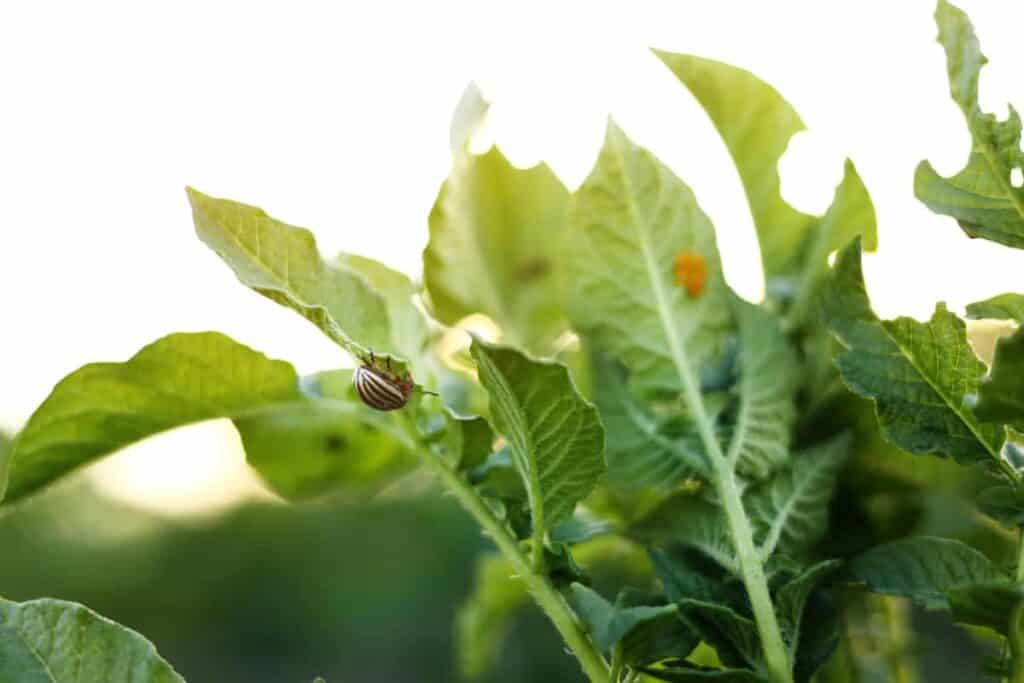
Credit: Vector State
A safer alternative to dish detergent: Castile soap
Most of us turn to dish detergent as it’s something we all have at home. But, as mentioned earlier, soap used for handwashing dishes contains some pretty nasty things, stuff that we don’t really want on our crops or plants.
Instead of using dish soap, Castile soap may be a gentler option if you’re planning to go the DIY route.
Here are a few reasons to consider using Castile soap for homemade sprays:
- Plant-based oils: Most Castile soap formulations are made using a blend of plant-based oils such as coconut oil, palm oil or palm kernel oil, jojoba oil, and hemp oil.
- Biodegradable: While most dish detergents claim to be safe, most are not 100 percent biodegradable. Castile soap is.
- Made with potassium hydroxide: Unlike regular dish soap which uses sodium hydroxide which leaves behind drying salt residue, Castile soap uses potassium hydroxide, a slightly milder form of lye which won’t dry out plant tissues.
Note: Stick with unscented Castile soap to avoid any unnecessary fragrances on plants.
Using Castile soap as an emulsifier
Many insecticidal oils such as neem oil often require dilution with water. However, as you already know, water and oil don’t mix. You can make insecticidal soap by adding a few drops of Castile soap to your oil emulsion to better mix the oils and water.³
What is insecticidal soap?
Unlike dish soap, Castile soap, or other hand soaps, insecticidal soap is formulated for use on plants and is generally considered safe on plants, humans, and other beneficial insects.
Insecticidal soap uses potassium hydroxide which won’t dry out plant leaves like soaps made with sodium hydroxide (dish detergents and hand soaps).
It kills pests by coating their body with soap which suffocates it. The soap strips away the protective coating which causes the insect to dehydrate.⁴
This insecticide is useful on many types of insects including:
- Aphids
- Mealybugs
- Psyllids
- Soft scales
- Thrips
- Spider mites
While instructions vary, generally just two uses of insecticidal soap spread roughly a week apart can keep pest population in check.¹
A few popular types of commercial insecticide soap are Natural Guard Insecticidal Soap Concentrate and Espoma Organic Insect Control RTU (🌟 check out our recommended products 🛍️).
Final thoughts: does soapy water kill plants?
Using soapy water on plants is a great way to kill some soft-bodied pests, but it can also cause damage to sensitive plants if used in high concentrations. Before you use any type of soap-based spray, test it on a few leaves before using on the entire plant.
Dish soap contains sodium hydroxide lye which leaves behind traces of sodium (salts) which can have a drying effect on foliage. Using Castile soap or insecticidal soaps which are formulated with potassium hydroxide lye are less harmful to plants as they won’t dry out leaves.
👉 If you like this post, see our complete Indoor Growing Collection.
Would you like more timeless tips via email?
Fun tips to help you live an independent, self-sustaining lifestyle. Opt-out at any time.


References
- University of California Master Gardener Program, Soap Sprays as Insecticides, https://ucanr.edu/blogs/blogcore/postdetail.cfm?postnum=18009. Accessed March 2023.
- University of Florida Extension (Gardening Solutions), Soaps, Detergents, and Pest Management, https://gardeningsolutions.ifas.ufl.edu/care/pests-and-diseases/pests/management/soaps-detergents-and-pest-management.html. Accessed March 2023.
- University of Florida Extension, Natural Products for Managing Landscape and Garden Pests in Florida, https://edis.ifas.ufl.edu/publication/IN197. Accessed March 2023.
- Clemson University (Clemson Cooperative Extension), Less Toxic Insecticides, https://hgic.clemson.edu/factsheet/less-toxic-insecticides/. Accessed March 2023.

Author: Theresa Tesolin
Theresa is co-founder of RusticWise. She helps people unleash their inner DIY spirit by encouraging them to get dirty and make or grow something from scratch.

